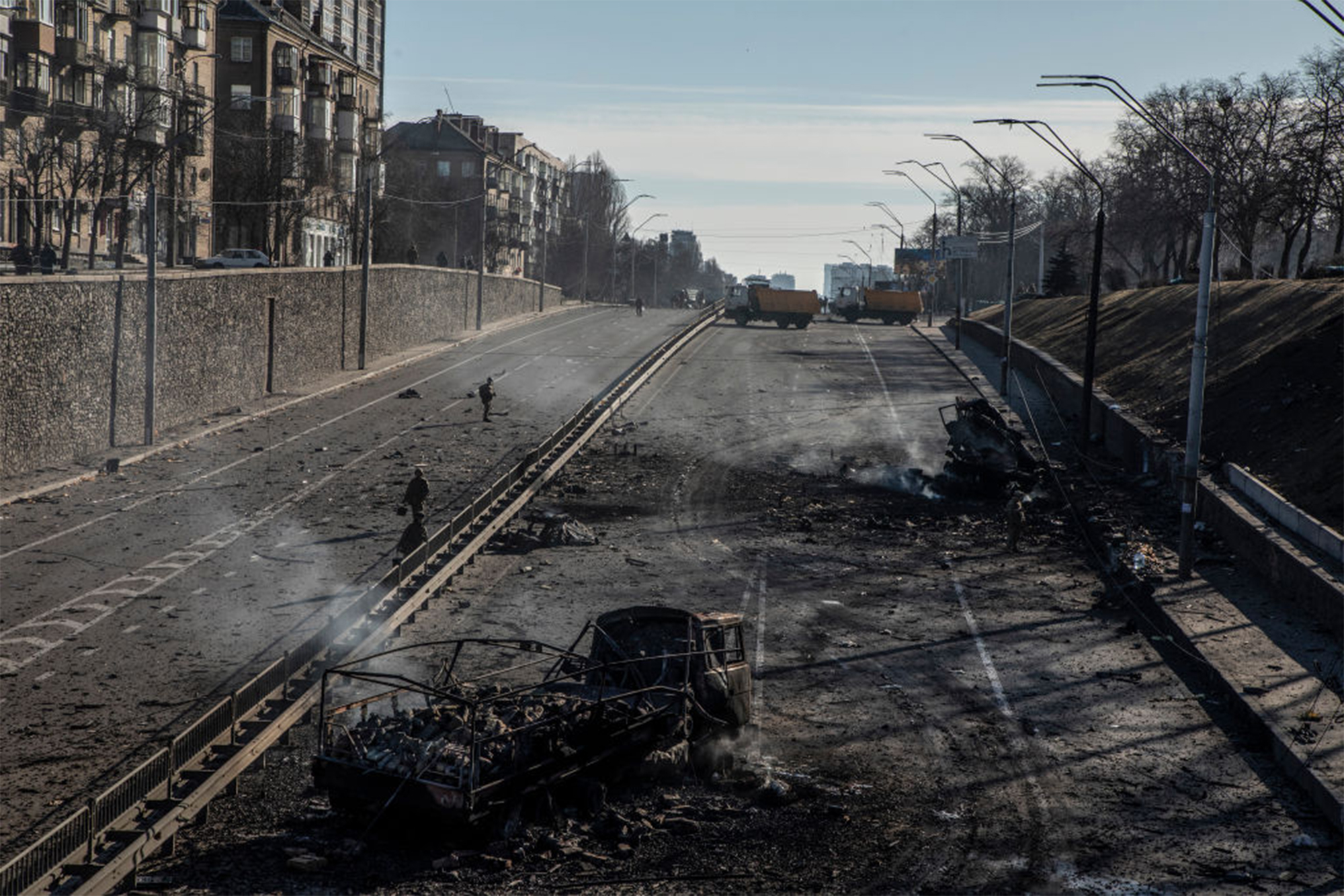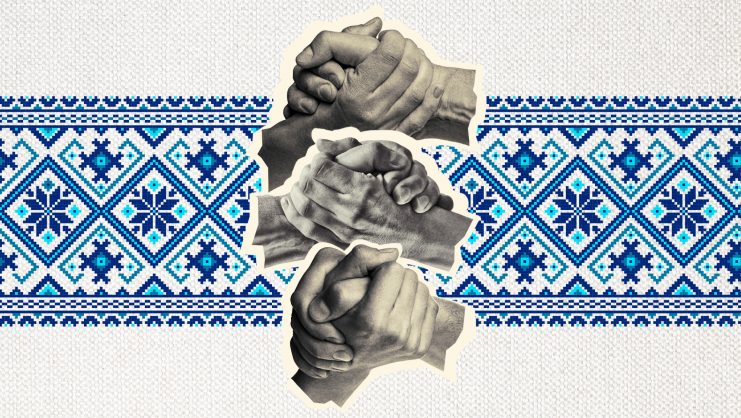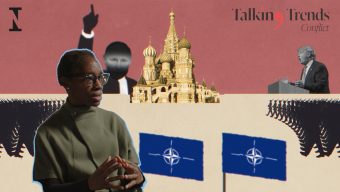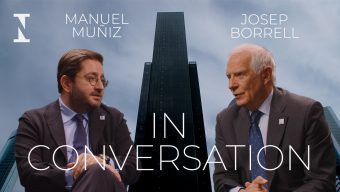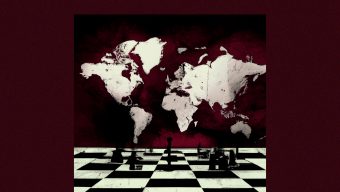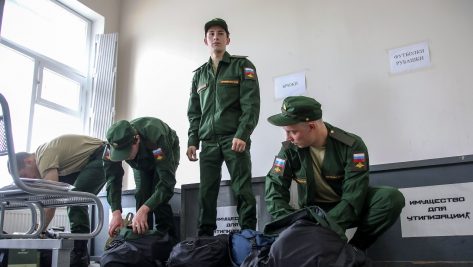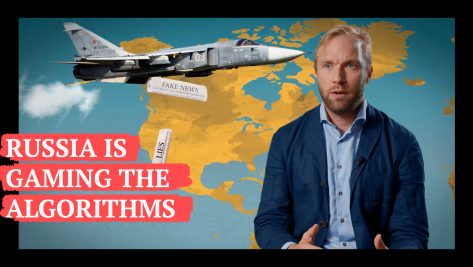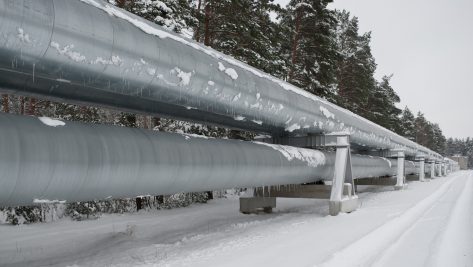Political analysis tends to attach importance to one-off events while overlooking long-term trends. These days, we run this risk in regards to what is unfolding in Ukraine. As we shall now see, the invasion of Ukraine is certainly remarkable and has profound consequences for Europe’s security and for international relations on the world chessboard. However, it is not an isolated event. Quite the opposite, it is part and parcel of a trend that is gaining momentum and intensity which is calling into question both the international liberal structure and democracy. For almost a decade now, we have been spectators in the collapse of our liberal and democratic order. This trend follows two main forces: one is domestic, while the other is international.
On the international scene, Russia has played a central role in the illiberal slide. This began with its intervention in Georgia and continued in 2014 with the annexation of Crimea and its strong support for the separatist movements in Donbas. These events reflect a profound disregard for the sovereignty and territorial integrity of third countries. Indeed, these moves, combined with what we are seeing today in Ukraine, amount to an outright attack on international law. This concern has been voiced by the Secretary-General of the United Nations who went so far as to define Russia’s actions this week as contravening the organization’s founding Charter.
In December 2021, Putin’s demands on the West already bore his clear authoritarian, illiberal hallmark. His request to deprive Ukraine of the right to decide which international alliance it belongs to stems from a manner of understanding the world in which power, not international law, takes precedence. Ukraine, according to Putin, should not join NATO because Russia says it can’t. The only sovereign party in this relationship is Russia itself.
Refusing to accede to Russia’s demands has triggered a series of unprecedented events in the recent history of Europe: the occupation of a democratic country, with more than 44 million citizens living in a territory larger than Germany. In one fell swoop, Putin has buried the Minsk agreements of 2014 and the Budapest Memorandum on Security Assurances, signed in 1994, in which Russia pledged to guarantee the territorial integrity of Ukraine, and much of Europe’s security architecture. In other words, today, we are witnessing a clear acceleration of the process to erode the international liberal framework.
We are entering an international order of blocs.
Unfortunately, Russia does not seem to be the only one hell-bent on shaking up the international order. China has lent its support to the various Russian demands in recent weeks. In early February, China and Russia issued a joint statement opposing the expansion of NATO. And now, in the wake of the invasion, there has been no condemnation or protest from the Chinese authorities. What’s more, all the cards on the table seem to suggest that China is willing to help Russia weather the international sanctions imposed on its economy. Thus, an illiberal front is beginning to emerge in the world. We are entering an international order of blocs: one consisting of democratic countries and the other of authoritarian powers.
This change in global architecture has been compounded by a process of endogenous or internal transformation: the weakening of democracy within the West itself. Brexit, the presidency of Donald Trump in the United States, and anti-European and European nationalist movements are the starkest manifestations of this phenomenon. These events paint a picture of a world that is less democratic, where human rights, and especially the rights of minorities, are not respected. It is a world that is less politically inclusive, more nationalistic, and less multilateral.
So far, the West has been unanimous in its response to the Russian aggression. For the first time in a long while, the transatlantic allies fully agree on their interpretation of what is happening in Ukraine and on the need for coordinated response measures. Only hours after the invasion began, large-scale economic sanctions had already been agreed and announced – and already there were many of us who believed that the sanctions should be tougher and that Russia’s exclusion from the SWIFT system was appropriate. We must be aware that a broader package of measures has a higher cost for Western economies, but equally we must understand that in a world of blocs there is a need to decide on which side we want to be. It is not tenable to understand what is taking place in Eastern Europe as the most tragic event since the end of World War II and not be willing to sever economic ties with its perpetrators.
Illiberality is also alive and kicking within our very borders.
There are, however, cracks in the West’s united front. Some democratic countries are not implementing sanctions against Russia. Nor should the current joint stance be taken as a tick on a checklist that will last forever. Things could have been different had there been another kind of US government. It seems that, in the last few days, Donald Trump himself has expressed admiration for Putin. There are also supporters of Putin’s regime at home here in Europe who seek to legitimize what is, to all intents and purposes, naked aggression. In other words, illiberality is also alive and kicking within our very borders. The Russians have made sure that this is the case, through constant disinformation campaigns and interference in elections. These campaigns seek to discredit democratic institutions. Thus, another of the major challenges in the coming years will be to strengthen our democracies, endowing them with greater legitimacy, and building a united front in the face of what will be increasingly frequent, far-reaching onslaughts.
What is happening today in Ukraine is a warning that the international liberal order continues to be under siege. There are players operating in the global arena who aspire to do away with the foundations of this order, and we must remember that much of our success will depend on the united front that open, democratic countries are capable of building.
This article originally ran in Spanish in El Mundo.
© IE Insights.



